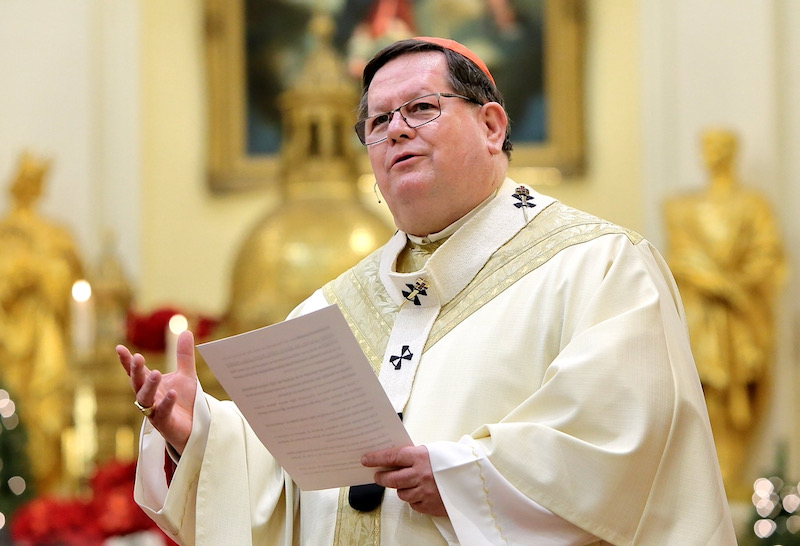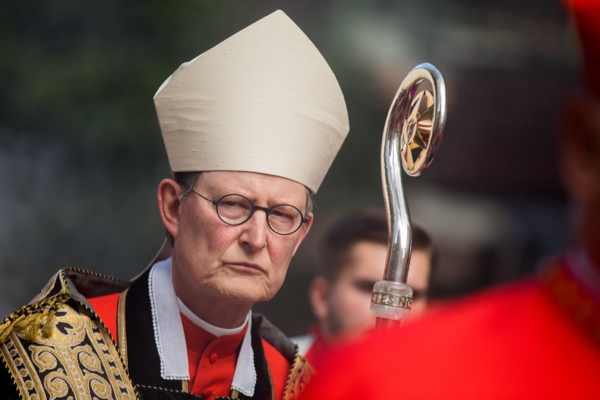Disagreement about the issues under discussion and the way the debates on church reform are being handled have broken out as the members of the German synodal procedure prepare to meet.
The altercation was triggered by Bishop Rudolf Voderholzer of Regensburg, who, on 3 September, together with four others including the auxiliary Bishop of Augsburg, Florian Wörner, and the dean of Bonn, Wolfgang Picken, set up an alternative internet platform for church reform because they were deeply dissatisfied with the way the procedure is being conducted.
“We will continue along the [German] synodal path, but have become increasingly convinced that it will not achieve its purpose if it continues on the path it has taken so far. We firmly believe that only a synodal procedure which accompanies and remains in the Universal Church is good and target-oriented,” they underlined on the new platform www.synodale-beiträge.de
Voderholzer told KNA that he was exceedingly worried that at their coming 30 September – 2 October meeting the delegates would “take decisions on issues that were integral to the unity, breadth and depth of the Church, and that these issues will lead to a dead end”. The Church was not an institution that could be modelled on a democratic social system, he recalled. “The Church is Christ’s foundation and cannot be changed by majority ratios,” he insisted. With regard to the World Church and the Vatican, he thought it wrong “if we always take things so far that Rome is forced to say ‘No’ for the sake of church unity”.
In October 2019, the German bishops decided to adopt a “binding procedure” designed to reduce clerical power and address sexual abuse and the celibacy rule. In four forums, the bishops are discussing clerical power, the priestly lifestyle, sexual morality and women’s role in the Church together with members of with the lay body, the Central Committee of German Catholics.
A large majority of German bishops approve of the four forums, but a small minority, including Cardinal Rainer Maria Woelki of Cologne and Bishop Voderholzer, have critical reservations.
The way the forums were assembled and the whole debate culture made appropriate dialogue very difficult, Voderholzer explained. His group had voiced their criticism but had been “passed over” because the majority was in favour of the arguments put forward.
“We are convinced that it is crucial that the synodal procedure should not end in frustration and lead to a schism. It must come to constructive results,” dean Picken emphasised. The way the texts were put together was “one-sided”, he claimed. Counter-arguments had often been ignored and external criticism of the theological context of the forum by Cardinals Walter Kasper and Kurt Koch, for example, had not been addressed. “There is a risk that some texts will collapse like a house of cards as they are built on hypotheses that cannot be brought into line with the World Church,” Picken said.
Theologian Matthias Sellmann of Bochum University said it was perfectly acceptable to set up a parallel structure to the synodal procedure, but casting doubt on the fairness of the procedure’s sessions was unacceptable. The complaints of the small minority had been “discussed in detail … but the texts themselves were always passed with an overwhelming majority”.



 Loading ...
Loading ...